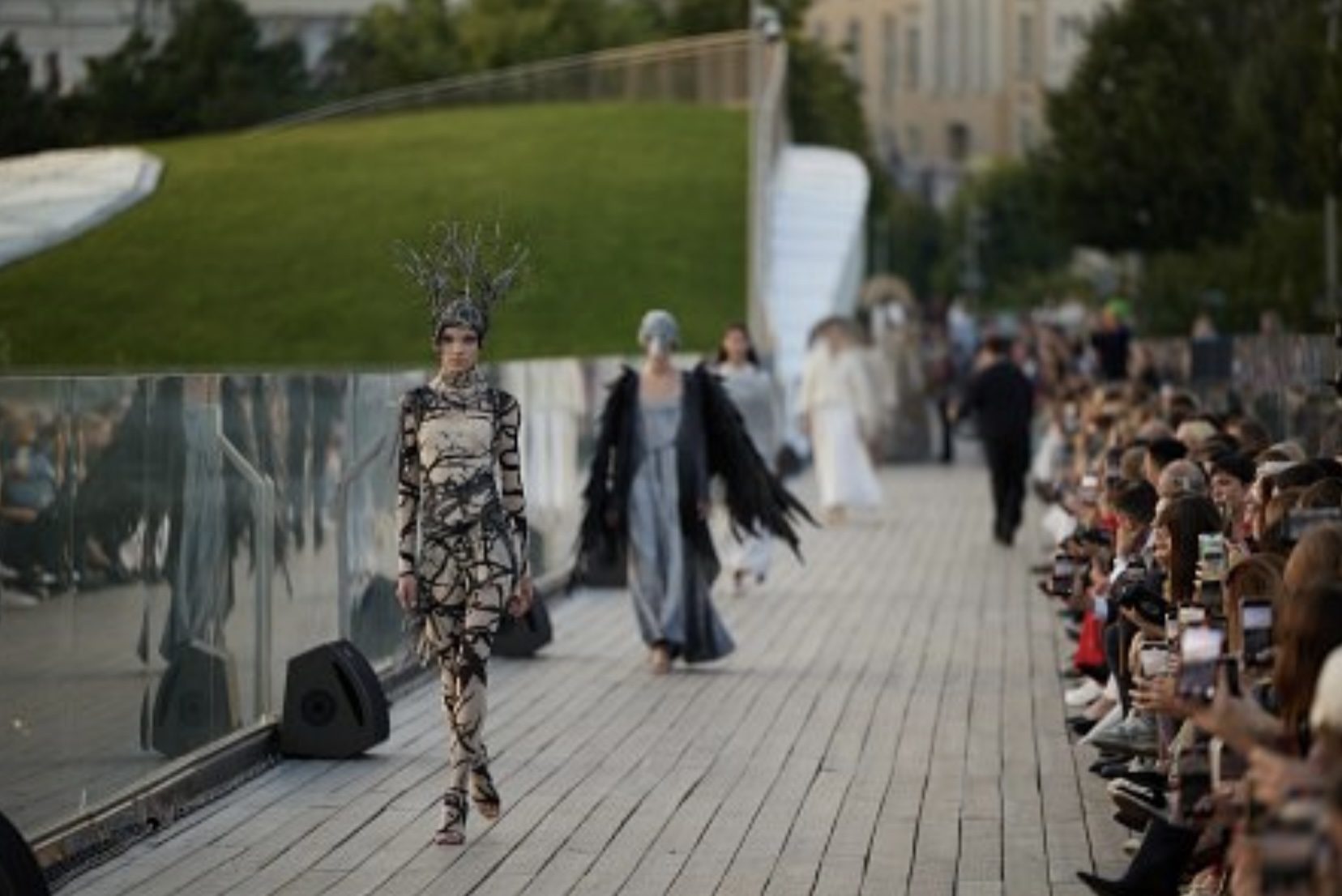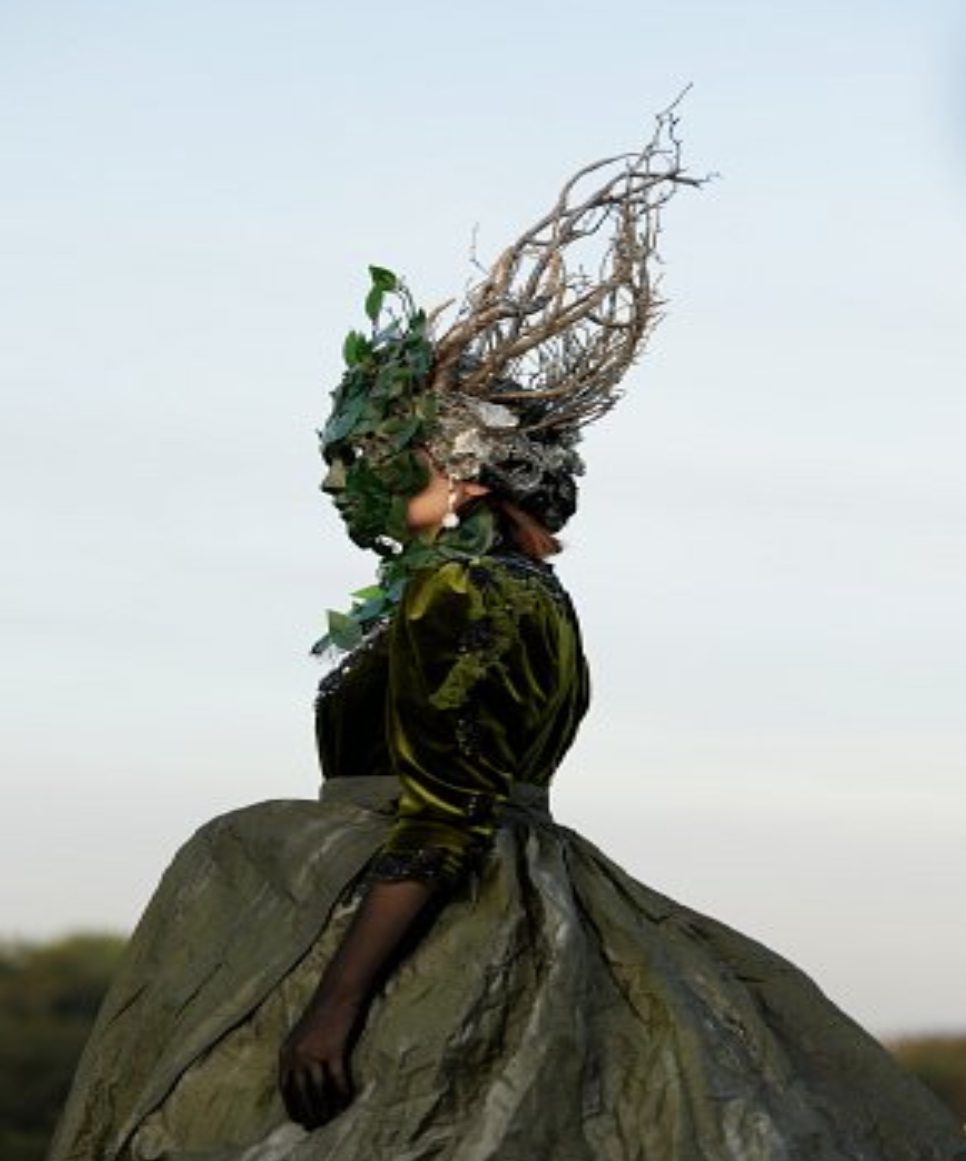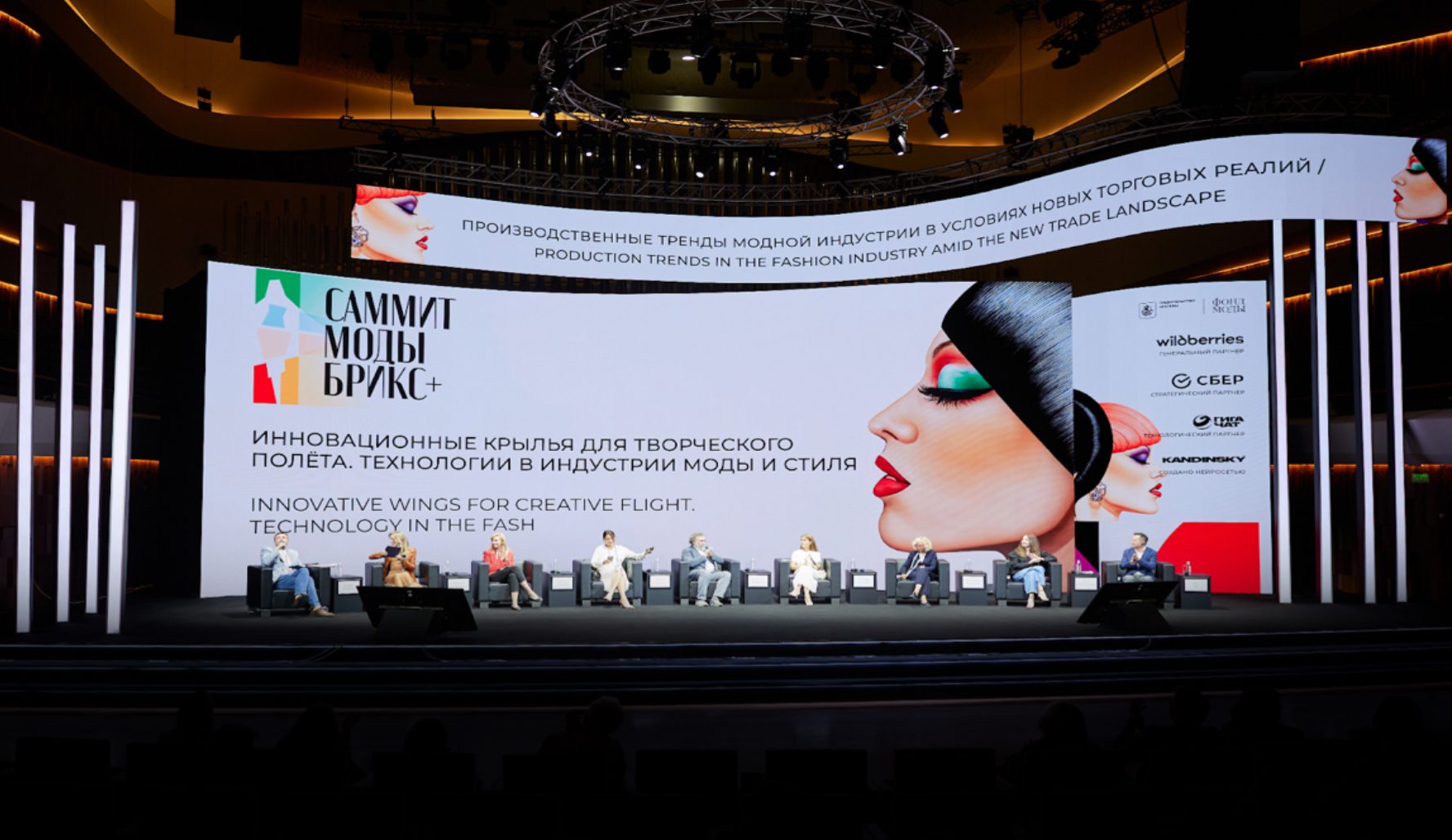Analysts say that the U.S. fashion ecommerce market, valued at $144.97 billion in 2025, is expected to reach US$ 336.86 billion in 2032 growing at a compound annual growth rate (CAGR) of 12,8% from 2025 to 2032. The main growth drivers are cross-border marketplaces and the strengthening technological infrastructure of retail, particularly through artificial intelligence (AI) implementation. AI algorithms are revolutionizing the industry by optimizing product catalogs, analyzing consumer behavior patterns, and dramatically improving user experiences
The transformation of business models under technology’s influence has emerged as a central discussion point across the industry. This theme was in focus at the BRICS+ Fashion Summit – a distinguished international forum that recently convened in Moscow. The Summit assembled representatives from 65 countries, including delegates from the EU, USA, Latin America, Asia, and the Middle East, with the ambitious goal of sharing expertise and forming long-term strategic frameworks for industry development, particularly in digitalization.
During the BRICS+ Fashion Summit, participants engaged in crucial discussions concerning fashion’s evolving digital ecosystem. These included debates on the prospects of virtual technologies, their impact on design processes, logistics, and consumer interaction.
Marina Banovic, Vice President of Montenegro Fashion Week and a speaker at the BRICS+ Fashion Summit, observes: “The integration of artificial intelligence (AI) is set to significantly transform the fashion industry in multiple ways. AI can optimize design processes, improve supply chain management, and enhance customer experiences through personalized recommendations and virtual try-ons.”
A fascinating paradox characterizes modern consumers: their simultaneous desire for highly personalized products and sophisticated technological solutions. At the BRICS+ Fashion Summit, participants discussed how to balance the efficiency of neural networks with the emotional value of handcrafted design, which skills will be essential for future designers, and whether AI can become a true co-creator rather than just a tool. Special emphasis was placed on examples where technology enhances, rather than replaces, human creativity.
These discussions gain particular relevance when they involve emerging nations currently experiencing unprecedented technological breakthroughs. China has established itself as the absolute leader in digital infrastructure development, computing power advancement, and artificial intelligence innovation, supported by an ambitious governmental plan to increase the digital economy’s share of GDP to 10% in 2025. Meanwhile, India’s digital economy is projected to reach 20% of the country’s GDP by 2030.
Shweta Shiware, an Indian fashion consultant and speaker at the BRICS+ Fashion Summit, states: “AI is significantly shaping the fashion industry in India. E-commerce giants are using AI to offer personalized shopping experiences and virtual try-ons. Startups are leveraging AI to predict fashion trends, while platforms assist in virtual design prototyping. Additionally, brands are adopting AI to optimize production and reduce waste, advancing sustainability in the sector.”
The BRICS+ Fashion Summit has established itself as one of the key platforms for this crucial dialogue, attracting experts from India, China, Brazil, the UAE, and other global digitalization leaders in fashion. The Summit coincided with Moscow Fashion Week, which during the COVID-19 pandemic became the first major global event to successfully transition all shows and presentations to a digital environment. Russia’s digital fashion weeks have garnered tens of millions of views and set standards for international events of this kind. This time, Moscow Fashion Week opened the international calendar with a schedule featuring 361 brands from 22 countries.

Mandragora. AI Collection 1869/2025. Digital Heritage at Moscow Fashion Week
At Moscow Fashion Week, AI integration extended into unexpectedly creative formats. The show called “Mandragora. AI Collection 1869/2025. Digital Heritage” presented costumes for the world’s first opera composed using artificial intelligence technologies. Pyotr Tchaikovsky originally conceived the mystical opera “Mandragora” with his collaborator, botany professor Sergey Rachinsky, during the 1870s, but was unable to complete the ambitious work. In 2025, marking the 185th anniversary of Tchaikovsky’s birth, composer Pyotr Draga successfully completed the opera with neural network assistance. The AI systems also generated scenographic solutions under careful artistic supervision, maintaining deep respect for the era’s distinctive style – a remarkable fusion that audiences witnessed during this presentation.

Mandragora. AI Collection 1869/2025. Digital Heritage at Moscow Fashion Week
The close intertwining of cutting-edge digital solutions and traditional approaches opens new horizons for the fashion industry: from personalized shopping and virtual fittings to flexible supply chains and new forms of artistic expression. The strategic combination of technological advancement with profound respect for cultural heritage will serve as the key factor ensuring sustainable growth and global market competitiveness in the years ahead.



































